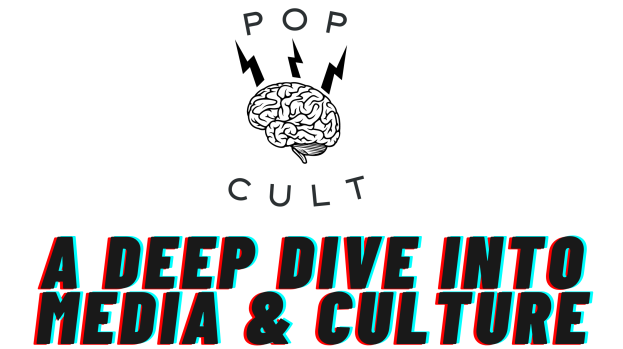The Asphalt Jungle (1950)
Written by Ben Maddow & John Huston
Directed by John Huston
John Huston was fascinated with the state of the urban in post-War America. We saw in Key Largo that there was a looming fear that the old Prohibition-era mobs would return to power. In The Asphalt Jungle, Huston takes a much more nuanced look at the criminal element, refusing to present them as one-dimensional and no good. The Asphalt Jungle was a challenge to get made as MGM studio head Louis B. Mayer did not like it. He was overridden by the head of production, Isadore “Dore” Schary. Schary was a Jew born in New Jersey who eventually worked his way up to run MGM after Mayer left when his direction was losing the studio money. Mayer favored dazzling wholesome spectacles, while Schary wanted darker movies that had a message.
The Asphalt Jungle is an ensemble piece centered around the jewelry heist planned by mastermind “Doc” Riedenschneider (Sam Jaffe). Doc is newly released after a seven-year stint and has a plan cooked up that could net half a million or more. He approaches a bookie named Cobbie, who gets him in contact with a crooked & powerful lawyer named Emmerich (Louis Calhern). Emmerich likes the sound of Doc’s plan and is willing to front the money needed to hire a safecracker, driver, and muscle. Secretly, Emmerich has become involved in an illicit affair with a woman named Angela (Marilyn Monroe) and is under a mountain of debt. He plans to fence the jewels himself but actually leave the country and screw over Doc. Doc goes ahead and hires his crew which includes Dix Handley (Sterling Hayden).
Dix has a whole storyline of his own, angry over the loss of his family farm in Kentucky. He tells Doll (Jean Hagen), his on-again-off-again lover, all about the farm. It sits as his single-minded goal in life, a symbol for restoration for his family’s honor. But much like the protagonists in The Treasure of the Sierra Madre, Huston doesn’t care for stories where characters get the thing they yearn for. It is much more interesting and honest to watch someone struggle and fair to reach that place. Honestly, they don’t really want that thing; they want a feeling they associate with having that thing. Dix remembers how happy he was as a child, and it happened on that farm. Dix lives in a post-War landscape of violence and brutal survival. Despite his rough and angry exterior, he wants so badly to feel safe again.
Huston also examines how powerful men’s weaknesses often lie in their overwhelming hunger. Emmerich needs money to keep his lifestyle going. He has a bed-ridden wife who can feel that she is losing him desperately tries to reconnect. Emmerich is intoxicated by the youth of his mistress; she reaffirms his vigor in his head. We see the reality of how pathetic he is, trying to screw over Doc even though he would get a significant amount of money. Doc is also enamored with the youth of women to make him feel safe again. He talks incessantly of retiring to Mexico and chasing around the native women. His greatest mistake is stopping at a diner, where he becomes hypnotized by a teenage girl dancing to songs on the jukebox. For all his genius, his base desires get him caught in the end.
Huston is very interested in the procedure of crime. He spends a lot of time showing us all the steps leading up to and during the heist. Masterfully, he never forgets to give character moments to reveal themselves. It’s a beautiful mix of the technical and the artistic. Huston saw the criminal as a type of urban professional, skilled in a particular craft. Therefore, he found sympathy for them, especially Dix and the others at the bottom rung. Crime was something they turned to out of desperation. They were smart, skilled, and knew how to communicate with others, but what they could do wasn’t considered marketable or simply couldn’t earn them a decent wage. Soon, Huston would deliver a film that many would herald as one of his finest, The African Queen, which is up next.


2 thoughts on “Movie Review – The Asphalt Jungle”